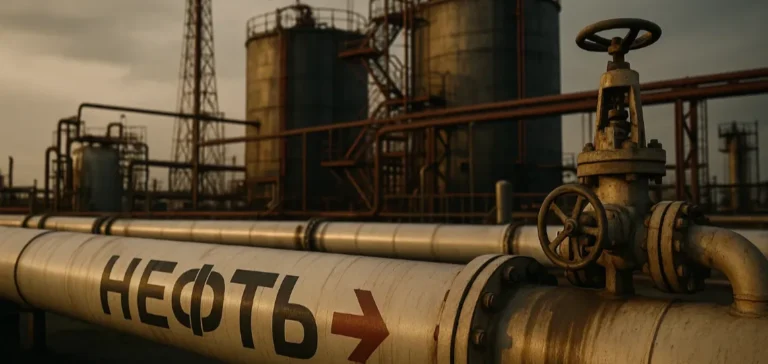The 8-N linear production and dispatch station operated by Transneft in the village of Naytopovichi, Russia, was hit during the night of 6 to 7 September in a drone strike claimed by Ukraine’s Unmanned Systems Forces. This facility is part of the Stalnoy Kon oil pipeline network, which has a pumping capacity of 10.5 million tonnes per year.
According to the Ukrainian command, the station plays a strategic role in transporting refined petroleum products from Belarus, particularly from the Mazyr and Navapolatsk refineries. Ukrainian military authorities released video footage of the strike, confirming multiple fires and explosions in the area.
A targeted logistical axis
These attacks are part of a coordinated series of operations aimed at disrupting Russian logistical infrastructure related to fuel supply. On the same day, Ukrainian Special Operations Forces also targeted the Ilsky oil refinery located in Krasnodar Krai. Explosions and a fire were observed at the facility, but no official data on the damage has yet been released.
Repeated strikes on critical oil infrastructure, such as pumping stations and refineries, have intensified over recent months. These installations, although civilian, play a logistical role in supporting military operations, particularly in fuel supply for ground operations.
Regional reactions and concerns
Tensions over cross-border pipelines have also escalated on the diplomatic front. Slovak Prime Minister Robert Fico expressed his lack of understanding regarding the attacks on the Druzhba pipeline, which transits through several European countries. The foreign ministers of Slovakia and Hungary have formally raised the issue with the European Commission.
The direct economic impact of this latest attack on the Stalnoy Kon network remains to be assessed. However, the 8-N station is among the major transit points for hydrocarbons intended for the domestic Russian market. Its temporary shutdown could lead to logistical adjustments in the fuel supply network connecting Belarus to western Russia.






















